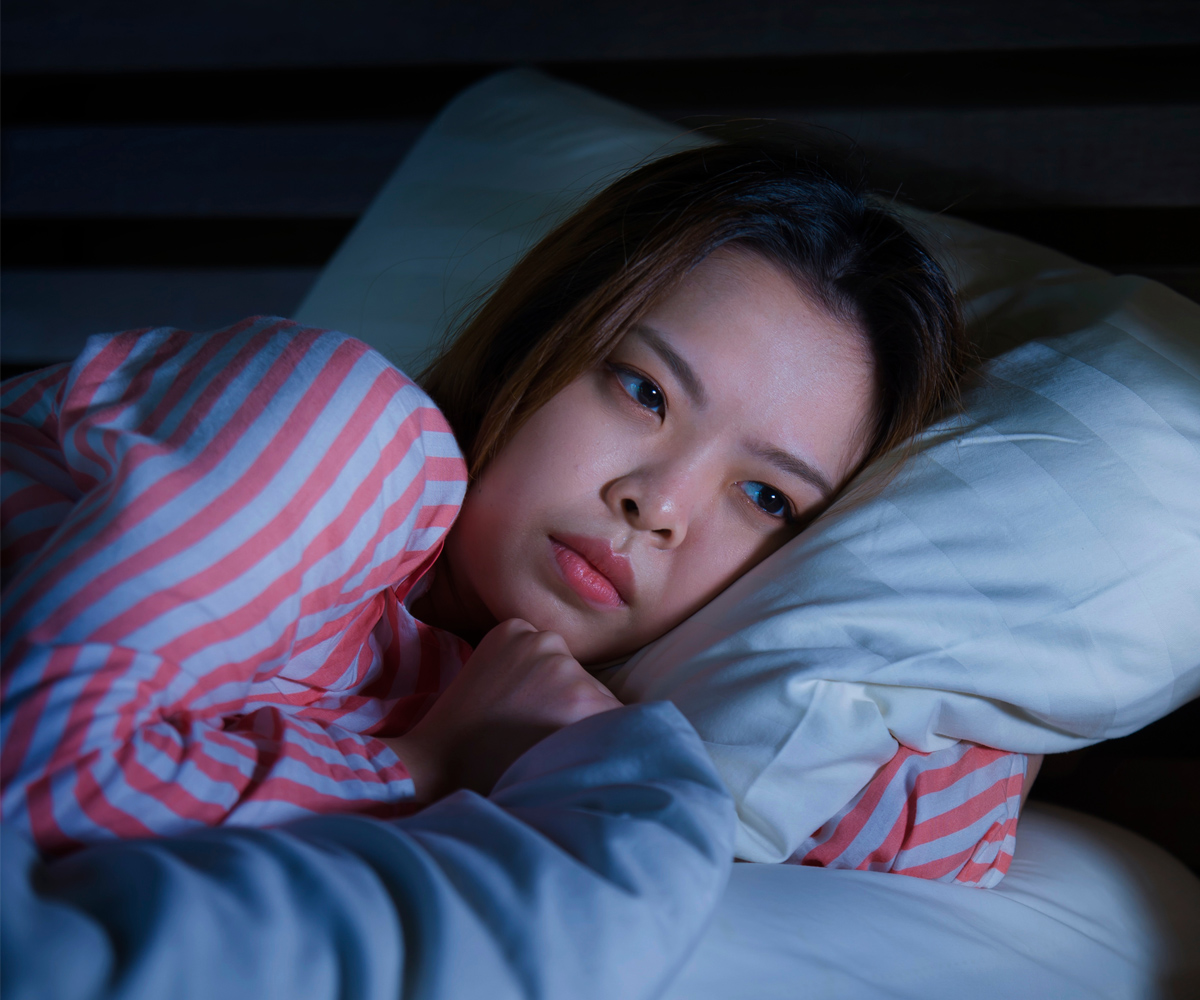From essential oils to weighted blankets to sleep apps, there is no lack of expertise about how to get a better sleep. Among tips, tricks and products for a restful slumber, there are also a number of bad habits that could be sabotaging your sleep before you even get into bed (and without you knowing).
When it comes to catching zzz’s, taking preventative measures is perhaps the best defence against tossing and turning.
So with that in mind, we’ve rounded up the common yet easily avoidable factors contributing to a restless sleep.
1. Exercising too late in the day
It is a well-known fact that exercising in the day can help promote a deeper sleep, but an evening workout may very well have the opposite effect.
Although a good workout can indeed make you exhausted afterwards, exercising causes your heart rate to rocket and makes your body produce adrenaline, meaning you will feel alert most likely for a good few hours afterwards.
Though researchers have indicated that it all depends on the individual, insomniacs should take note.

Although exercise is said to help promote deeper sleep, if you are doing it late at night, it could be having the opposite effect. (Image: Getty)
2. Sharing a bed with your pets
Sleeping with your pets may seem like a great idea at first (ultimate comfort factor), until they keep waking you up all through the night…
A study has found that sharing a bed with your pet may contribute to insomnia, so it might be a good time to rethink sleeping arrangements.
3. Eating the wrong foods
You’re probably well aware that you need to avoid stimulants such as coffee and heavy meals later in the day, but there is one unsuspecting food that could be keeping you up at night – protein.
This is because protein takes considerable energy for the body to digest. You don’t have to avoid it altogether though – if you have a protein-rich meal for dinner (or any meal for that matter) make sure to give it a couple of hours before hitting the hay to allow ample time for digestion.
Your body will thank you for it come morning!

Protein is the unsuspecting food that could be keeping you up! (Image: Getty)
4. Going to bed hungry
On the other hand, going to bed with a rumbling tummy is really not a great idea either.
Thanks to your hunger hormone, ghrelin, the body is more alert when you’re hungry – if it doesn’t keep you awake to begin with it will probably cause you to wake up during the night.
Instead of snacking on junk food after dinner, try a small healthy snack to tide you over until morning.
5. Too much screen time
As tempting as it is to binge-watch your favourite TV shows throughout the week too much screen time right before bed can be very stimulating on the body.
Your eyes are glued to the screen, making you alert, your heart rate increases because of stress or excitement, and all that thinking you’re bound to be doing can even trigger anxious thoughts.
So while you may not be able to avoid screens altogether, make sure you switch off half an hour to an hour before bed. To get into relaxation mode, you could read a book, have a bath, do some gentle yoga or if your mind is racing write down any worrying thoughts you have to get them off your chest.

Binge-watching your favourite TV show could be over sabotaging your efforts to fall asleep. (Image: Getty)
6. Consuming caffeine without realising
Yep, a mid-afternoon cup of Joe is definitely not great for the whole sleep thing – but other unsuspecting sources of caffeine aren’t either.
A sweet treat post-dinner can actually contain a fair bit of caffeine – from ice cream to chocolate (and the dark variety has the most out of all chocolate).
For instance, hot chocolate on a cold winter’s night sounds positively blissful, but this beverage could be compromising your sleep in a big way.
7. Sleeping in on weekends
Although one study found sleeping in on the weekend could actually bring health benefits, on the other side of things opting for a big snooze outside of your 9-5 can cause your body to feel really out of whack, making it that much harder to fall asleep come Sunday night. This is down to your body’s circadian rhythm, the process that regulates the sleep-wake cycle (and the reason you usually feel drowsy at 3pm every day without fail).
It’s not just sleeping in that can wreak havoc on your circadian rhythm – staying up way to late on the weekends has exactly the same effect.
This story originally appeared on our sister site, beautyheaven.
 Getty Images
Getty Images

